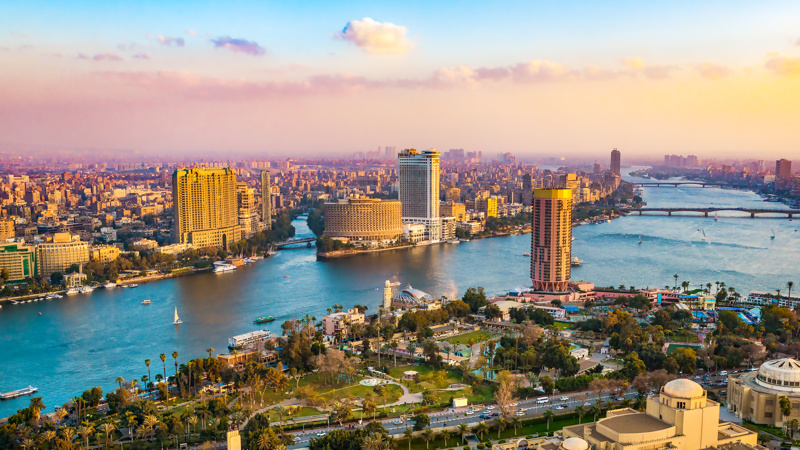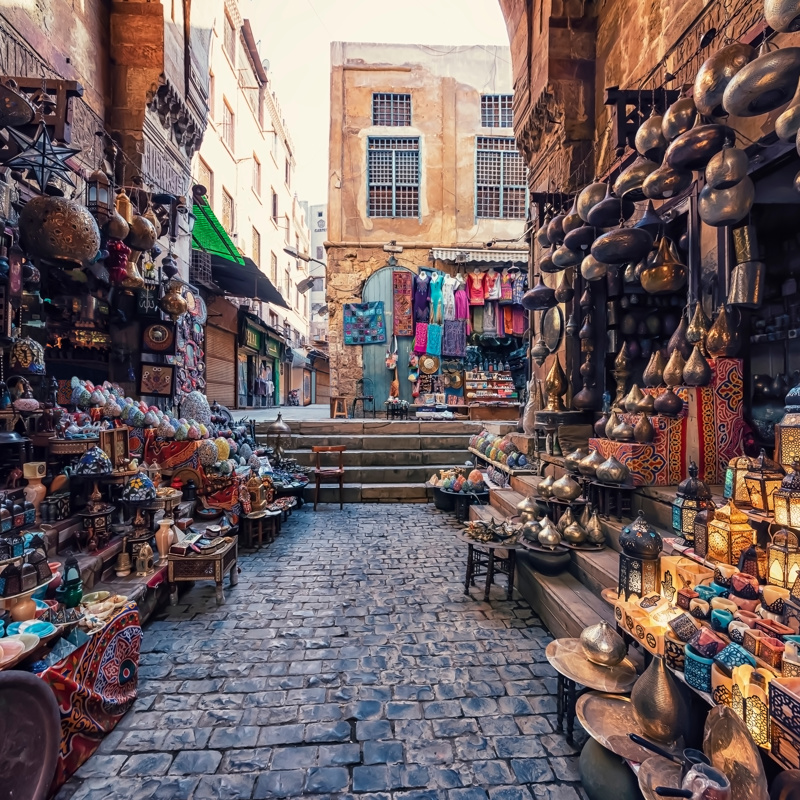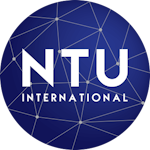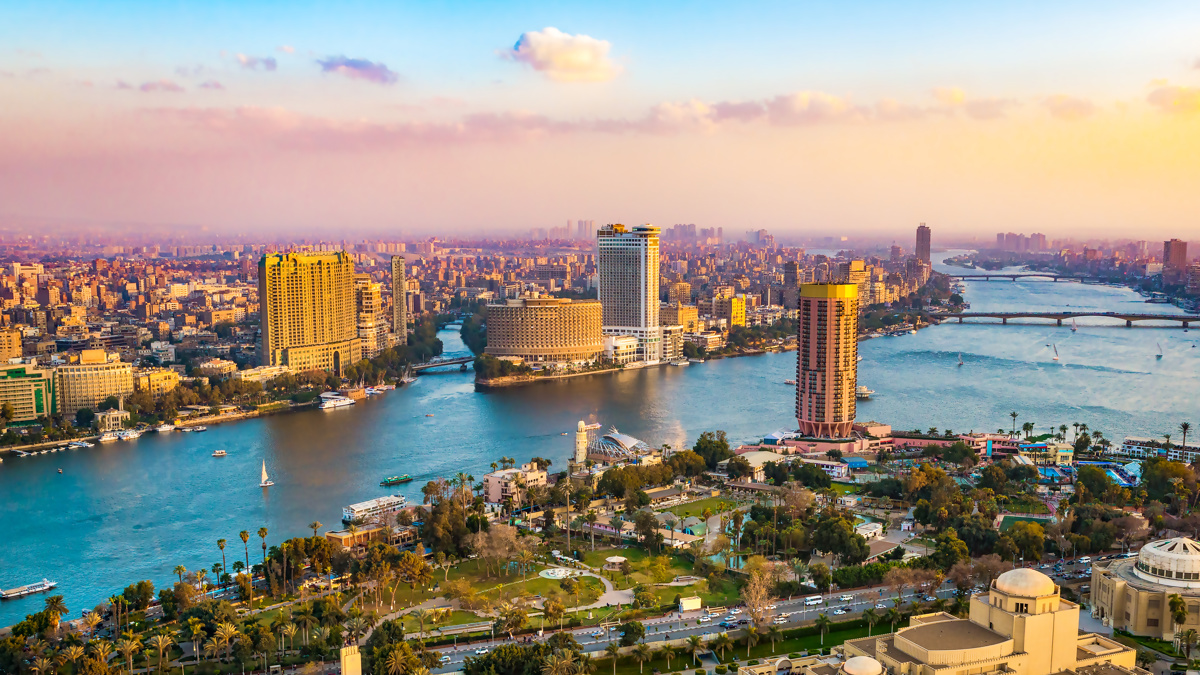
Egypt has faced significant economic challenges, including credit rating pressures, high unemployment, and persistent poverty. External shocks like the COVID-19 pandemic and the Russia-Ukraine war have worsened inflation and inequality. Measures, such as the flotation of the pound and subsidy reductions, have stimulated some recovery. However, Middle East conflicts impact foreign income sources, particularly Suez Canal revenues. Growth in key sectors like IT, tourism, and trade offers optimism as the government pursues structural reforms for long-term resilience. Among these efforts, the Ministry of Transport (MoT) aims to position Egypt as a global trading hub by developing an integrated, sustainable, and safe transportation system.
Under this initiative, NTU supported the establishment of the Investment Unit within Egypt’s Ministry of Transport to strengthen investment planning and enhance financial sustainability. The focus was on mobilising private sector participation, securing diverse funding sources, and aligning investments with national transport priorities.

Implementation
The NTU Team assessed existing investment frameworks, identified opportunities for Public-Private Partnerships (PPP), and developed strategies to attract long-term financing. By ensuring compliance with EIB standards, the Unit was able to structure bankable projects, optimise financial resources, and enhance institutional capacity. By integrating risk assessment, cost-benefit analysis, and strategic financial modelling, the Unit ensured that investments were aligned with both national priorities and EIB standards.
Capacity-building initiatives further developed the MoT’s expertise in sustainable financing, fostering a systematic approach to investment planning that can be replicated in future projects across Egypt. Effective investment planning is crucial to ensure efficient allocation of financial resources while promoting long-term economic and environmental sustainability. A strong collaboration with the MoT allowed for responsive adjustments throughout the project, ensuring adaptability to external factors such as the COVID-19 pandemic and the MoT’s internal restructuring.
Impact
-
Long-Term Financial Sustainability: The establishment of a dedicated Investment Unit ensures that MoT can continue mobilising resources and structuring bankable projects beyond the project’s duration.
-
Enhanced capacity of the MoT to manage and prioritise investment planning
-
Boosted decision-making through a performance monitoring system;
-
Stronger governance and management practices within the MoT, contributing to more transparent and accountable project execution;
-
Egypt’s economic growth is supported by optimising investments, improving infrastructure, and fostering public sector efficiency;
-
Environmental and social sustainability integrated into investment projects.
-
A prioritised project list development, providing a solid foundation for future investments;
-
Over 15 capacity-building sessions were conducted on project prioritisation, financial and economic analysis, and environmental/social safeguards.

SDGs:




